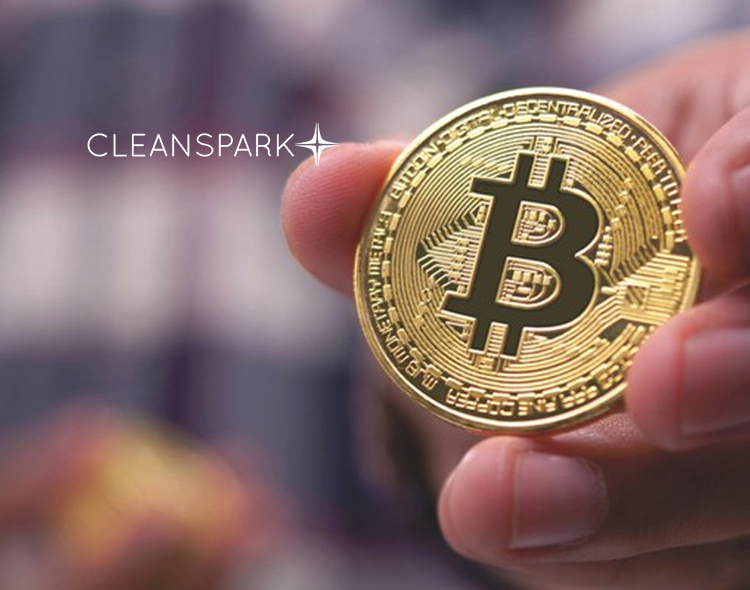Table of Contents
Czech Central Bank Reviews Bitcoin as a Promising Reserve Asset
Introduction
In recent years, Bitcoin has evolved from being merely a speculative asset to gaining traction as a potential reserve asset. The discussion has been further ignited by the Czech Central Bank Governor’s recent remarks suggesting that Bitcoin could indeed serve a more significant role in the financial system. This article aims to shed light on what it means for Bitcoin to be considered a reserve asset, the potential benefits this could hold for crypto investors, and how the central banking community is beginning to embrace digital currencies.
Understanding Reserve Assets
Reserve assets are typically defined as assets that central banks hold to back their liabilities and influence monetary policy. Traditionally, these include currencies like the US Dollar, Euros, gold, and other securities. They serve as a safeguard against economic instability, providing a cushion in times of financial distress and contributing to overall confidence in a nation’s economy.
So, why consider Bitcoin as a reserve asset? is decentralized, limited in supply (with a maximum cap of 21 million coins), and increasingly recognized on a global scale. This unique set of characteristics makes it an intriguing candidate for reserve status. Its increasing adoption by institutions and individual investors lends credibility to its use as a potentially stable and valuable asset. Moreover, as central banks worldwide explore strategies for incorporating digital assets into their frameworks, Bitcoin stands out due to its established track record in the crypto space.
Central Banks and the Shift Towards Digital Assets
The Czech Central Bank Governor’s recent comments highlight a significant shift in central banking attitudes towards cryptocurrencies. Traditionally skeptical of digital coins, central banks around the world are beginning to reevaluate their stance. The allure of Bitcoin as a reserve asset is becoming more attractive, especially in a rapidly digitizing economy.
Central banks have a critical role in maintaining monetary stability, and the rise of digital currencies poses both challenges and opportunities. By considering as a potential reserve asset, the Czech central bank is signaling a willingness to innovate and adapt to the changing landscape. This positive outlook may influence other central banks to explore Bitcoin and other cryptocurrencies in a similar manner, which could lead to broader acceptance and potentially increase the value of Bitcoin.
Positive Insights for Crypto Investors
The possibility of Bitcoin being recognized as a reserve asset provides several positive insights for crypto investors:
- Increased Legitimacy: If Bitcoin is acknowledged as a reserve asset by a central bank like the Czech Republic’s, it would emphasize its legitimacy in the financial system. This could lead to an increase in institutional adoption, as more entities would feel confident allocating capital into Bitcoin. A growing institutional presence can create a more stable market, potentially reducing volatility and enhancing long-term returns.
- Greater Demand and Value Appreciation: The adoption of as a reserve asset could drive demand significantly. Central banks that decide to hold Bitcoin as part of their reserves would need to purchase substantial amounts of it to establish a position. Such demand could lead to appreciation in Bitcoin’s price, benefiting current investors. Moreover, the more central banks endorse Bitcoin, the more it could be viewed as a safe-haven asset, akin to gold.
- Diversification Benefits: For crypto investors, the increasing consideration of as a reserve asset further highlights the importance of incorporating digital assets into a diversified portfolio. Traditional portfolios heavily reliant on stocks and bonds may not adequately hedge against macroeconomic risks. unique properties as a non-correlated asset could provide a hedge against inflation and currency devaluation, especially in the face of rising government debts and unprecedented monetary stimulus.
- Potential Regulatory Clarity: As central banks begin to explore role in their reserve strategies, it could lead to clearer regulations surrounding cryptocurrency. Positive regulatory developments can foster a more transparent environment for investors, thus potentially lowering risks associated with uncertainty. Clear regulations can also mitigate fears from institutional investors, driving more capital into the crypto market.
- Innovation in Financial Products: The acceptance of Bitcoin as a reserve asset by central banks may lead to the development of new financial products centered around cryptocurrencies. This could include Bitcoin-backed securities, exchange-traded funds (ETFs), and other innovative investment vehicles. Such products would make it easier for traditional investors to gain exposure to Bitcoin, further driving demand and interest in the cryptocurrency market.
Conclusion
The conversation initiated by the Czech Central Bank Governor regarding potential as a reserve asset presents an exciting chapter for the cryptocurrency landscape. As central banks shift their views and explore the prospects of digital assets, Bitcoin’s legitimacy and acceptance are poised to grow.
For crypto investors, this discussion indicates a move towards broader acknowledgment and potential mainstream adoption of Bitcoin. With increasing demand, investment opportunities, regulatory clarity, and innovation in financial products, the future appears promising for those invested in. As always, while the prospect of as a reserve asset is exhilarating, potential investors should remain cautious and conduct thorough research before making investment decisions. The conversation has just begun, and the landscape is still evolving, but the signs are undeniably encouraging for Bitcoin enthusiasts and investors alike.

Comments are closed.